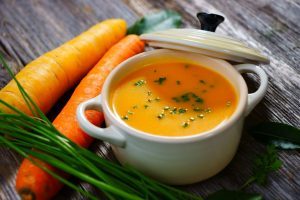 Eyes are the most precious and integral part of the human body that need preserving and maintaining as we grow older. Many ills can affect the eyes – Including glaucoma, a condition that results due to high blood pressure, or other unknown causes that can lead to loss of eyesight if not treated in time; cataract, long sight, and dryness of eyes are other common problems seen as we age. Regular eye checkups are a must above the age of 45 to keep a constant vigil for glaucoma and other serious eye conditions. Diabetes itself increases the risk of blindness when the sugar levels are not controlled.
Eyes are the most precious and integral part of the human body that need preserving and maintaining as we grow older. Many ills can affect the eyes – Including glaucoma, a condition that results due to high blood pressure, or other unknown causes that can lead to loss of eyesight if not treated in time; cataract, long sight, and dryness of eyes are other common problems seen as we age. Regular eye checkups are a must above the age of 45 to keep a constant vigil for glaucoma and other serious eye conditions. Diabetes itself increases the risk of blindness when the sugar levels are not controlled.
A condition known as diabetic retinopathy can occur after years of poor sugar control. High blood sugar (glucose) levels can weaken and damage the tiny blood vessels in the retina. This can result in various problems which include:
- Swelling of blood vessels (microaneurysms)
- Small leaks of fluid from damaged blood vessels (exudates)
- Small bleeds from damaged blood vessels (haemorrhages)
- Blood vessels may just become blocked. This can cut off the blood and oxygen supply to small sections of the retina
It is, therefore, very important to control both blood pressure and diabetes in older adults. Exercising regularly, weight training, yoga, and meditation are some of the ways to keep them in check, along with a balanced diet.
Expert dietitians can help plan a diet rich in fibre that includes whole, unrefined grains, whole pulses, fruits and vegetables, and adequate milk and milk products that suits the health conditions and prevents deficiencies. Along with these measures, paying special attention to these eye health nutrients would also help in ensuring great eye health.
Carrots
Carrots are the best known eye health foods. They contain a nutrient called beta carotene that gets converted to vitamin A in our body. Vitamin A is absolutely essential for production of a substance called “rhodopsin” in the retina. Rhodopsin makes it possible for us to see well in the night as well. If the diet is deficient in Vitamin A, a condition called nightblindness may result which, if untreated, can lead to permanent blindness.
Drumstick leaves
Antioxidants protect against eye damage from things like sunlight, cigarette smoke, and air pollution. These leafy greens are loaded with two of the best for eyes – lutein and zeaxanthin.
Gauva, Amla, and Capsicum
Vitamin C is a top antioxidant. These foods are among the top sources of vitamin C. Eat them fresh and use them every day in one or the other form. Other sources of vitamin c are oranges, lemon and strawberries.
Seeds, Nuts, and Wheat Germ
Vitamin E is an important fat soluble vitamin that prevents cataract and keeps eyes healthy. Vitamins C and E work together to keep healthy tissue strong. But most of us don’t get as much vitamin E as we should from food. Have a small handful of sunflower seeds, or use a tablespoon of wheat germ oil in your salad dressing for a big boost.
Oily fish
Oily fish contain omega 3 fats that are great for eye health. They may also fight the most-likely cause of vision loss when you’re older: age-related macular degeneration (AMD). The omega-3 fatty acids also keep your heart and brain healthy may also protect your eyes by fighting inflammation and helping cells work better. Aim for at least two servings of cold-water fish a week.
 Salmon, sardines, and herring have the most omega-3s, but flounder, halibut, and tuna are also good sources. While these foods are generally safe for everyone, there might be a few who are allergic to specific substances in these foods. It is always advisable to consult qualified nutritionists and healthcare providers before including a food for the first time.
Salmon, sardines, and herring have the most omega-3s, but flounder, halibut, and tuna are also good sources. While these foods are generally safe for everyone, there might be a few who are allergic to specific substances in these foods. It is always advisable to consult qualified nutritionists and healthcare providers before including a food for the first time.


 Traqade
Traqade




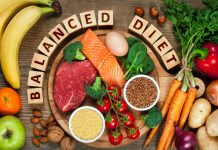



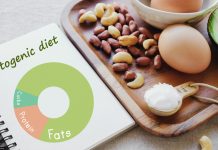









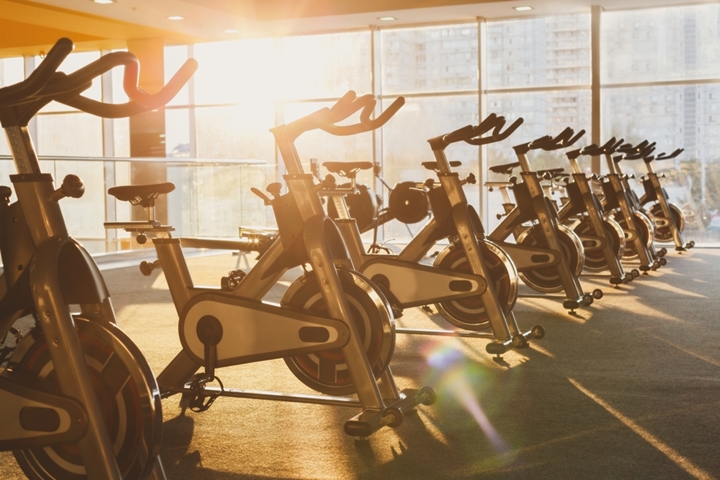

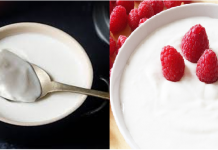










With prolonged continuous use, dryness in the eyes caused by rare blinking may occur. Do special exercises for the eyes, which will not only relieve tension from the eye muscles, but also moisturize the cornea. In addition, try using these vitamins https://www.amazon.in/Prorganiq-Supplement-Bilberry-Capsules-All-Natural/dp/B09KL5MNZ7
Thank you for this insightful piece! Post-sleeve gastrectomy, omega-3s are paramount for my health. As you suggested, incorporating oily fish aligns perfectly with my Bariatric Multivitamin supplement regimen. https://www.amazon.com/Bariatric-Multivitamin-Supplements-All-One/dp/B0BY9D29R3/ref=cm_cr_arp_d_product_top?ie=UTF8 It’s heartening to see how these choices contribute to eye health and overall well-being. Any advice on specific omega-3-rich options suitable for those on post-bariatric supplements would be greatly appreciated.
Everything is really fitting. This was new knowledge that I had never seen before.